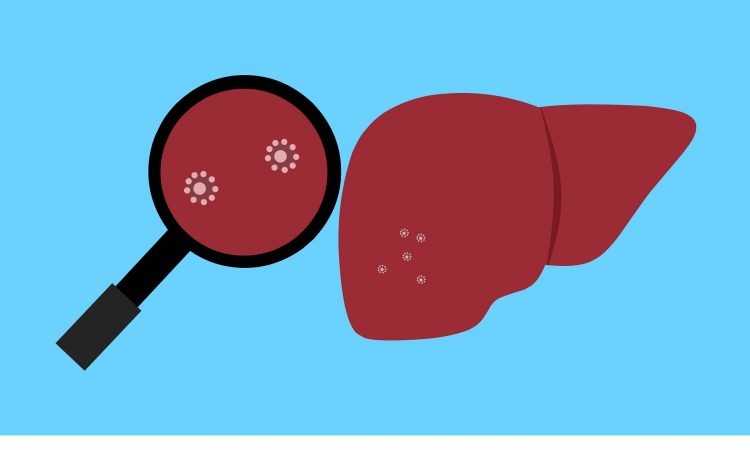
End-stage liver disease (ESLD), including advanced liver cirrhosis and primary liver cancer, is the final stage of long-standing injury to the liver due to risk factors such as chronic viral hepatitis and alcoholic liver disease. There is a high disease burden and mortality globally, especially in sub-Saharan African (SSA) countries such as Ghana, where the primary cause of HCC and cirrhosis is infection with hepatitis B virus (HBV).
To overcome the problem of ESLD in Ghana and SSA, epidemiological data on patient characteristics, challenges with diagnosis and management and mortality estimates are necessary so that well-directed and appropriate policies can be developed.
In her thesis, Dr. Yvonne Ayerki Nartey at the Department of Medical Epidemiology and Biostatistics aimed to determine the clinical epidemiological profile of liver cirrhosis and primary liver cancer patients and to determine the mortality burden posed by ESLD in Ghana. In her studies, Yvonne also examined the testing challenges and epidemiological burden of hepatitis B virus infection, the most common risk factor associated with ESLD in Ghana and assessed the quality of nutritional care given to cirrhosis patients.
What are the most important results in your thesis?
Our studies confirmed the relatively young age at diagnosis and the advanced stage at presentation of liver cirrhosis and liver cancer cases in Ghana, compared to non-African populations. Furthermore, it highlighted the low sensitivity of the non-invasive score for liver fibrosis known as the APRI score when the current guidelines are used. Additionally, our studies highlighted the significant association of Hepatitis B virus infection with ESLD and demonstrated that roughly 8% of deaths in the adult population in Ghana were due to liver-related causes. Finally, it showed that there is a lack of local guidelines in the nutritional management of cirrhosis patients in the country.
Why did you choose to study this particular area?
ESLD is a leading cause of mortality in the adult population in Ghana, and epidemiological data are needed to drive the development of local guidelines and policies in its prevention and management.
What do you think should be done moving forward in this research area?
Source: Read Full Article
